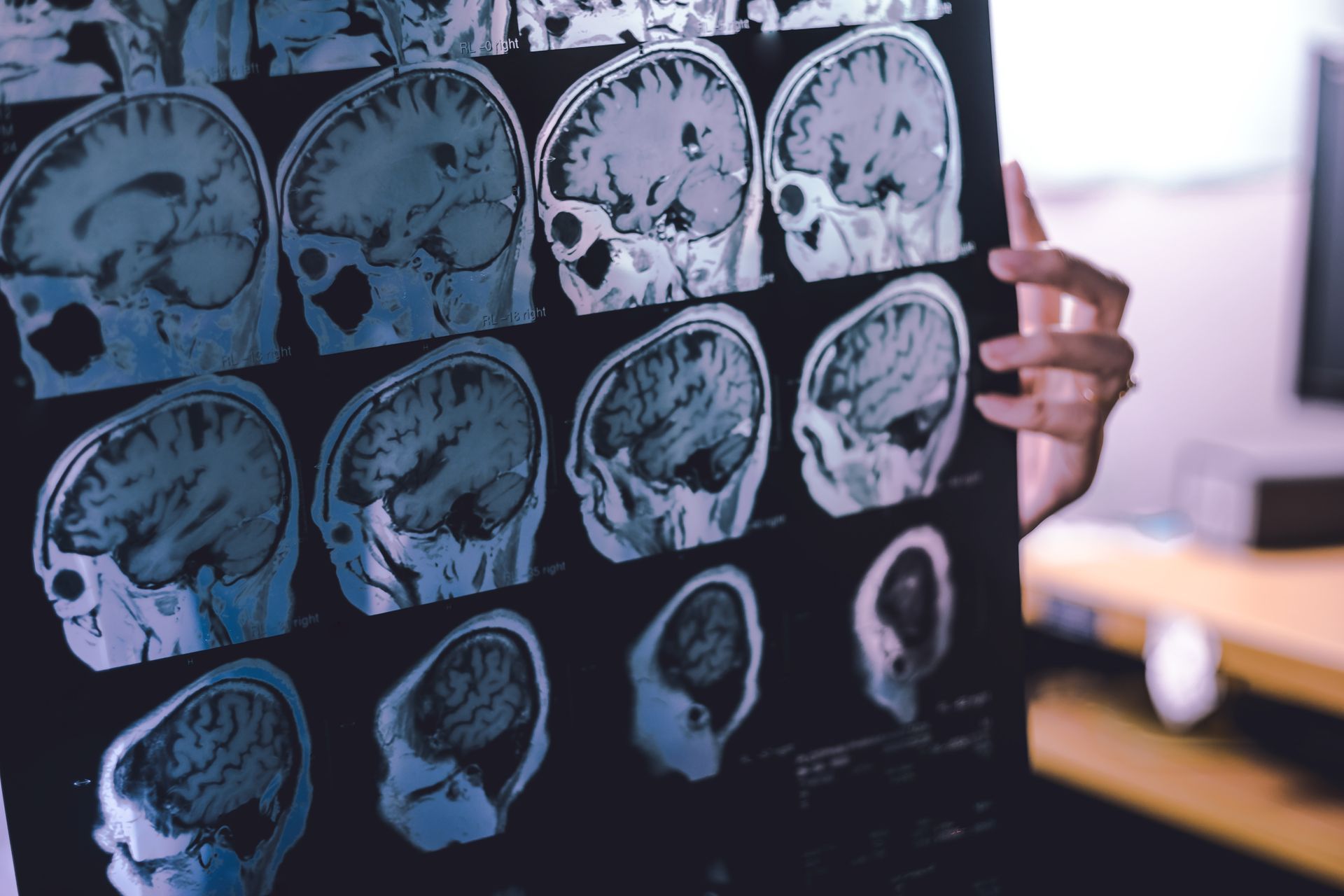Exploring Gaming Therapy for People Living with Autism and Cognitive Disorders

The therapeutic landscape for individuals with autism and cognitive disorders is continuously evolving, and one of the innovative approaches gaining traction is gaming therapy. This form of therapy, which encompasses both video games and physical games, offers a range of benefits for cognitive and social development.
Understanding Gaming Therapy
Gaming therapy involves using games as therapeutic tools to aid in the development of various skills. It can range from video games to board games and physical games, each offering unique benefits. The underlying principle of gaming therapy is to provide an engaging, interactive, and often enjoyable medium through which individuals can learn and practice skills.
Video Games and Cognitive Skills
Research has shown that video games can be particularly effective in developing cognitive skills in children with autism. Studies have found improvements in areas such as reading, mathematics, academic performance, concentration, and reaction time. Virtual reality (VR) systems have also been employed, teaching skills such as financial management, cleaning, vocational skills, and even street-crossing.
Physical and Board Games for Emotional and Social Skills
Physical and board games have been adapted to target emotional competence skills. For example, games like CodeNames have been modified to use emotion words as clues, thus helping children with autism develop emotional understanding. Role-playing games like Dungeons and Dragons offer structured social interactions and narratives promoting inclusion, which have shown positive effects on social speech and quality of life improvements in adolescents with autism.
Benefits of Gaming Therapy
- Engagement and Motivation: Games are inherently engaging, making it easier for individuals to participate actively and consistently in therapeutic activities.
- Skill Development: Gaming therapy has been effective in improving a range of skills, including cognitive, social, and emotional competencies.
- Accessibility and Adaptability: Games can be tailored to the specific needs and preferences of individuals, making them a flexible therapeutic tool.
- Safe Environment for Practice: Games provide a safe, controlled environment where individuals can practice skills without the fear of real-world consequences.
Challenges and Considerations
While gaming therapy offers numerous benefits, there are challenges to consider:
Variability in Effectiveness: The effectiveness of gaming therapy can vary based on the individual and the specific game used.
Need for Supervision: In some cases, the presence of a therapist or a trained individual is necessary to guide the gaming sessions and ensure therapeutic goals are being met.
Risk of Overuse: There is a potential risk of excessive gaming, which necessitates monitoring and moderation.
Incorporating Gaming Therapy into Treatment Plans
One of our Behaviour Support Practitioners, Lisa, is currently developing a series of teachable online learning modules. These modules are designed to educate therapists about gaming therapy and how to incorporate it effectively into treatment plans for clients. Lisa's work focuses on providing practical strategies, evidence-based practices, and hands-on guidance to ensure that therapists can confidently utilise gaming therapy in a clinical setting.
Further Reading
For those interested in delving deeper into the topic, the following resources provide valuable insights:
- Cognitive Rehabilitation in People with Autism Spectrum Disorder: A Systematic Review of Emerging Virtual Reality-Based Approaches - Journal of NeuroEngineering and Rehabilitation.
- Game on! How Can Video Games Help Children with Autism? - National Elf Service.
- How Games Can Help Children on the Autism Spectrum - Psychology Today.
- Modified CBT Using Visualisation for Autism Spectrum Disorder (ASD), Anxiety and Avoidance Behaviour—A Quasi-Experimental Open Pilot Study - Scandinavian Journal of Psychology.
- Serious Game-based Intervention for Children with Developmental Disabilities - Current Pediatric Reviews.
Gaming therapy presents a promising approach for individuals with autism and cognitive disorders, offering an engaging and versatile means of developing essential skills. While further research is required to fully understand its long-term impacts, the current evidence suggests that, when integrated into a broader therapeutic plan, gaming therapy can significantly benefit those living with autism and cognitive disorders.
--------
For more information and resources on gaming therapy, explore studies and articles on platforms like PubMed and Psychology Today. It's always recommended to consult with healthcare professionals before integrating new therapeutic methods into treatment plans.
*This blog post is intended for informational purposes only and should not be considered as medical advice.*
News & Insights
Check Our Latest Resources







